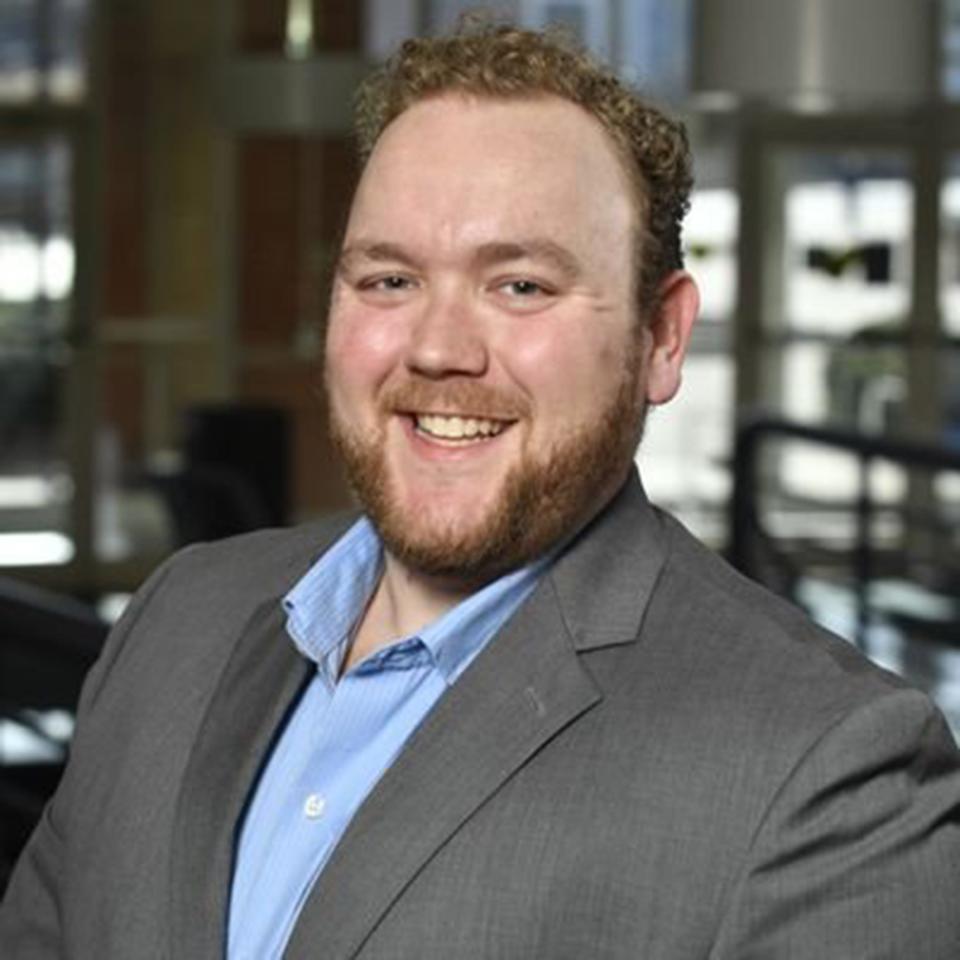Bitter occupational licensing news for our sweet home
I grew up in Etowah County and I’m home visiting my parents, and their two poodles, every holiday.
Each time I’m home I manage to catch up with old friends and every time they ask, “You’re the expert now, what would you do with Alabama’s economy?” There is no simple answer to that question, but when it comes to Alabama’s occupational licensing laws the answer seems a lot more clear.
Occupational licensing makes it illegal for an individual to perform a job without first completing some minimum level of education or training mandated by the state. The economic rationale for licensing is to ensure a minimum level of quality for services performed. That minimum quality is important when it comes to doctors, dentists, and structural engineers. But over the course of the 20th and 21st centuries, licensing has spread widely across occupations to cover jobs like barbers, cosmetologists, and funeral directors. According to a 2018 study, just over 18% of workers in Alabama need an occupational license to perform their job.

While there are some federal and local licenses, most licensing happens at the state level. In a recent report published by the Archbridge Institute, Edward Timmons and I investigate occupational licensing across states. Alabama ranks 3rd in the nation for most occupations in the index that are barred by an occupational license. Of the 331 occupations tracked, 206 require some license in Alabama; compared to 186 in Tennessee, 174 in Georgia, and 164 in Mississippi.
What does this mean for the people of Alabama? When it comes to getting a job, they are more likely to face legal barriers than in the surrounding states. That could mean people looking to move away from Alabama to find work elsewhere.
Licensing also means higher prices for consumers, and while one would hope that would come with better quality, research has shown little evidence of that being the case.
Licensing also restricts mobility. Fortunately in my home state today, it would appear that more people are moving in than moving out. But that doesn’t mean they are working in the jobs they have specific training in. Trailing spouses especially have difficulty when it comes to occupational licenses. So, while you and I may be seeing new faces around town, they or their spouses might not be bringing their skills at work and benefiting the community as much as they could.
Licensing reform may be a great start. Research suggests that occupational licensing reduces mobility by up to 7%.
So what progress is there to be made? If Governor Ivey and the State Legislature are looking for job creation, licensing reform is a low-cost way of getting workers into careers, not just jobs. One simple implementation is a licensing review process where the legislature or designated government agency periodically looks over the evidence supporting that a license is improving quality or just keeping out competition. Mississippi already has this reform in place.
Another option is universal licensing recognition. Mississippi also addressed this — passing universal recognition two years ago and making it easier for new residents to start working next door. New research suggests that migration into states with universal recognition increases for licensed individuals. Arizona was the first state to offer universal recognition with no preconditions in 2019, and according to the Common Sense Institute it’s netted them nearly five thousand jobs.
Overall, Alabama policy makers should consider the burden that is being put on individuals trying to make a living in the state. Lessening the burden of occupational licensing might just be what Alabama needs.
Noah Trudeau is an assistant professor of economics at Saint Francis University in Loretto, PA. He is also a senior research affiliate with the Knee Center for the Study of Occupational Regulation at West Virginia University.
This article originally appeared on Montgomery Advertiser: Bitter occupational licensing news for our sweet home

